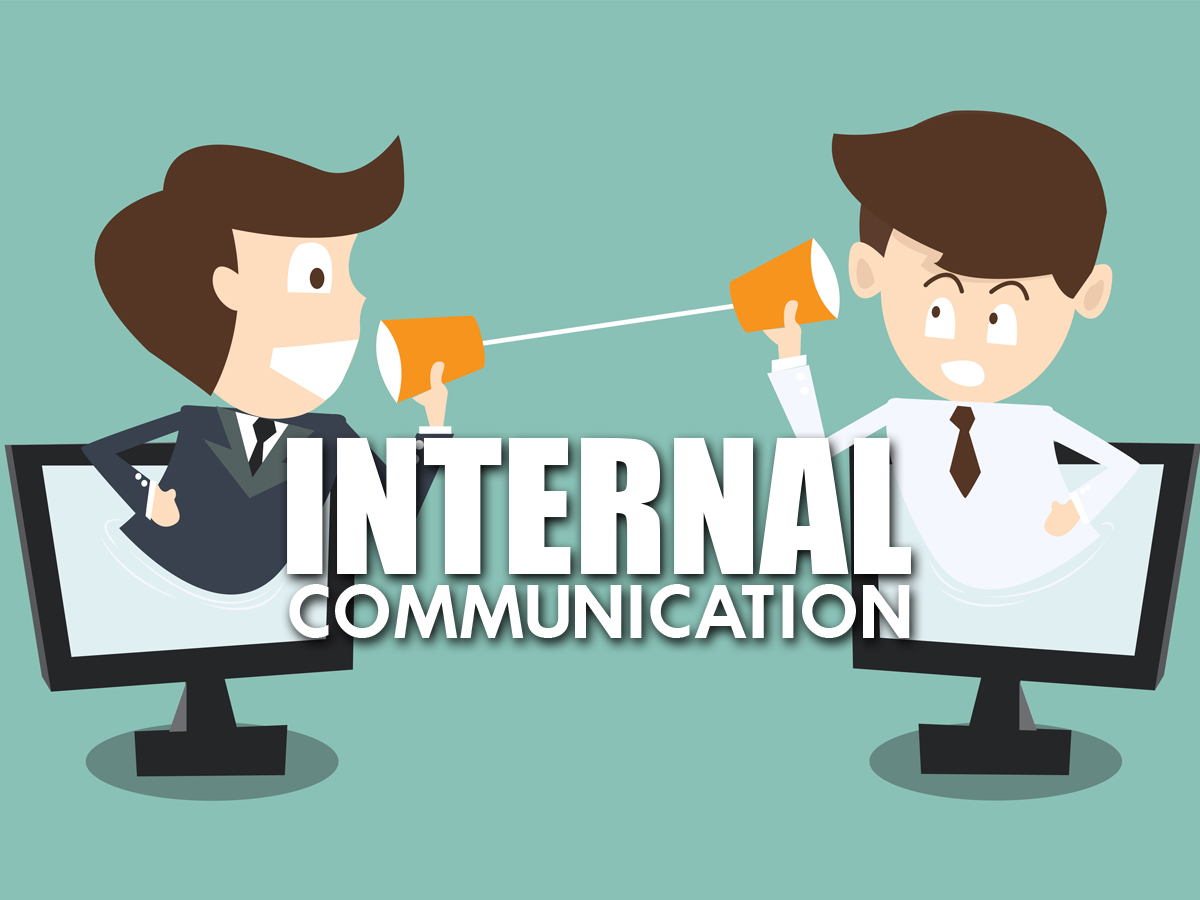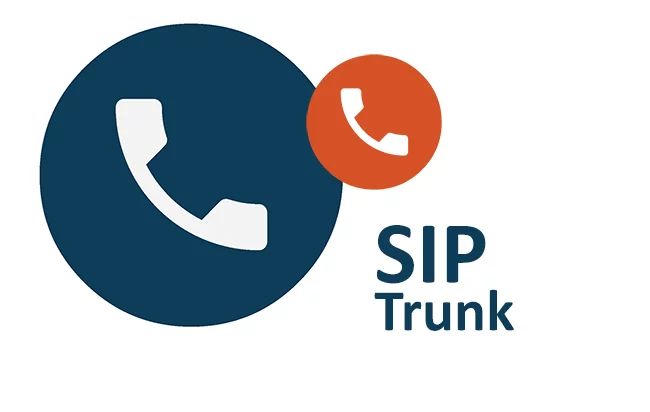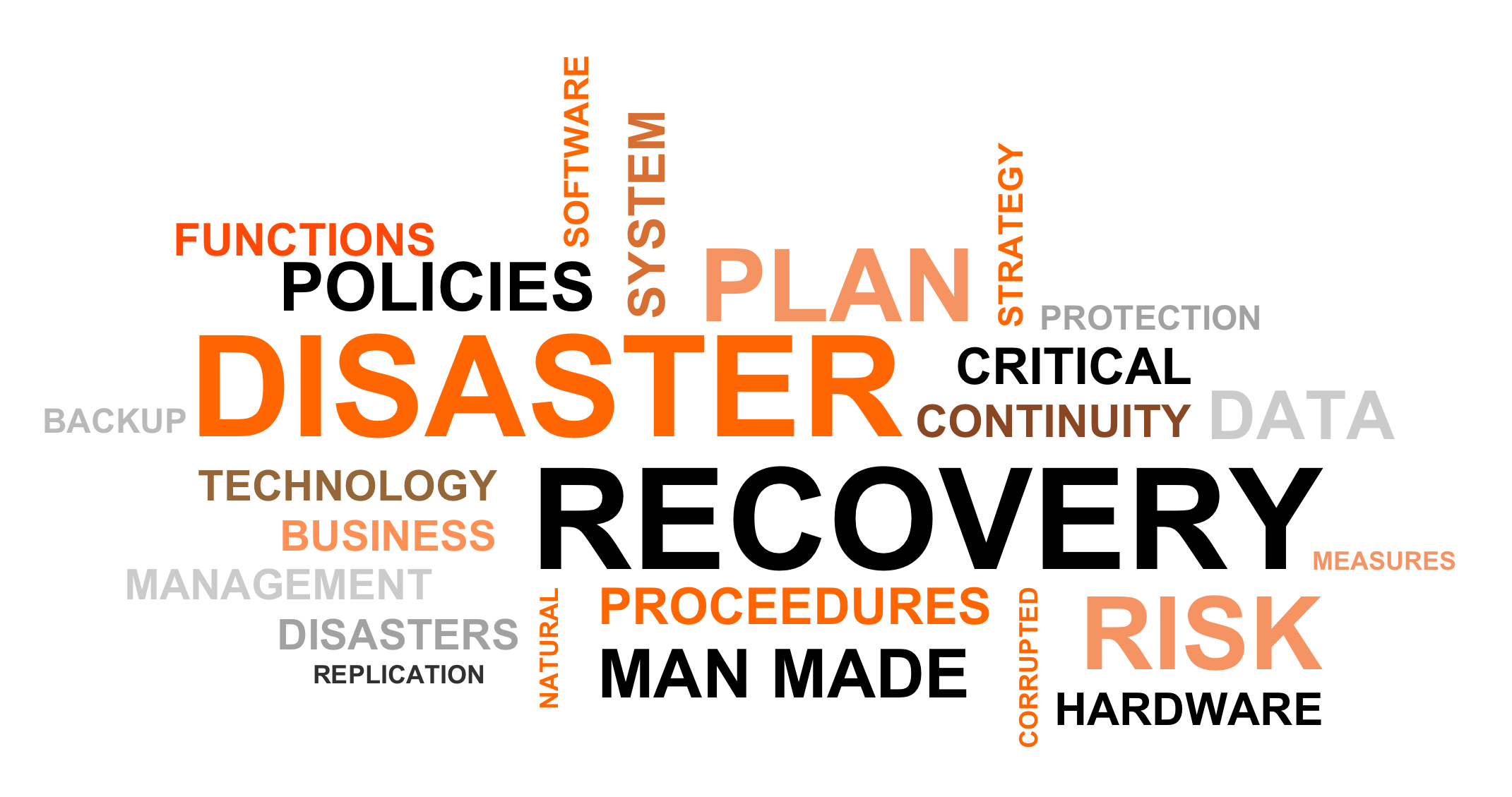
Importance of Medical Call Center Services in Healthcare Today
In today’s fast-paced healthcare environment, effective communication is crucial for delivering high-quality patient care. Medical call center services have emerged as an essential component of healthcare systems, playing a vital role in bridging the gap between patients and providers. These services not only enhance patient communication but also streamline operations, improve efficiency, and ultimately lead to better health outcomes. This article explores the importance of medical call center services in healthcare today and how they contribute to a more effective healthcare system.
The Role of Medical Call Center Services
Medical call centers serve various functions within the healthcare sector, acting as the first point of contact for patients seeking assistance. From appointment scheduling to follow-up care, these services provide comprehensive support that is essential for both patients and healthcare providers.
1. 24/7 Availability
One of the most significant advantages of medical call center services is their round-the-clock availability. Patients often encounter health-related questions or emergencies outside of normal office hours. Having access to medical professionals at any time ensures that patients can receive timely guidance and support.
- Emergency Guidance: Medical call centers can provide immediate advice on whether a patient should seek emergency care or manage their symptoms at home, which can be crucial in urgent situations.
2. Efficient Appointment Scheduling
Efficiently scheduling appointments is vital for maintaining patient flow and ensuring that healthcare providers can deliver timely care. Medical call center services can handle appointment bookings, cancellations, and rescheduling, reducing the administrative burden on office staff.
- Automated Reminders: Call centers can send automated appointment reminders via phone calls, texts, or emails, helping to reduce no-show rates and keeping patients informed about their upcoming visits.
3. Patient Education
Medical call center services play a critical role in patient education by providing accurate information about treatments, medications, and procedures. This helps patients make informed decisions about their healthcare and enhances their understanding of their conditions.
- Example: A call center representative can explain pre-operative instructions, medication usage, or post-operative care, ensuring patients have the necessary information for a smooth experience.
4. Handling Inquiries and Concerns
Patients often have questions ranging from simple inquiries about office hours to complex health concerns. Medical call center services can efficiently manage these inquiries, providing timely and accurate responses.
- Dedicated Support: Having a dedicated team to address patient concerns fosters trust and reassurance, allowing healthcare providers to focus on delivering quality care.
5. Telehealth Support
With the rise of telehealth, medical call centers have adapted to facilitate virtual consultations and follow-ups. This is particularly important in the context of the COVID-19 pandemic, where remote care has become essential for many patients.
- Technical Assistance: Call center representatives can assist patients with technical issues related to telehealth platforms, ensuring seamless interactions between patients and healthcare providers.
6. Follow-Up Calls
Follow-up calls are essential for monitoring patients’ recovery and ensuring adherence to treatment plans. Medical call center services can conduct follow-up calls to check on patients after procedures or treatments, gathering feedback and providing additional support as needed.
- Example: After a surgical procedure, a call center can reach out to the patient to assess their recovery and answer any questions they may have, reinforcing the provider-patient relationship.
7. Language and Cultural Sensitivity
In diverse communities, language barriers can hinder effective communication between patients and healthcare providers. Medical call center services often employ multilingual staff or utilize translation services to ensure that patients can communicate comfortably in their preferred language.
- Cultural Competence: Training representatives in cultural sensitivity further enhances communication, ensuring that patients feel respected and understood.
8. Data Management and Analytics
Medical call centers utilize advanced data management and analytics to track patient interactions, preferences, and feedback. This information can be invaluable for healthcare providers, enabling them to identify trends, improve services, and enhance patient satisfaction.
- Feedback Loops: By analyzing patient feedback, healthcare organizations can make informed decisions about improving communication strategies and service offerings.
The Impact on Healthcare Quality
Integrating medical call center services into healthcare operations directly contributes to the quality of care provided. Here are some ways these services enhance healthcare quality:
1. Improved Patient Satisfaction
When patients have access to timely information and support, they are more likely to feel satisfied with their healthcare experience. Medical call center services facilitate effective communication, ensuring that patients feel heard and valued.
2. Better Health Outcomes
Effective communication about treatment plans, medication adherence, and follow-up care leads to better health outcomes. Patients who understand their care are more likely to comply with medical advice and participate actively in their treatment.
3. Increased Operational Efficiency
By streamlining administrative tasks such as appointment scheduling and inquiry handling, medical call centers free up healthcare staff to focus on direct patient care. This improved efficiency contributes to a more organized and responsive healthcare environment.
4. Reduced No-Show Rates
Automated reminders and follow-up calls help minimize missed appointments, ensuring that patients receive the care they need when they need it. This not only benefits patients but also helps healthcare providers manage their resources effectively.
5. Better Resource Allocation
Data collected by medical call centers can inform healthcare providers about patient needs and preferences. This information enables better resource allocation, ensuring that healthcare services are tailored to meet patient demands.
Conclusion
The importance of medical call center services in healthcare today cannot be overstated. From providing 24/7 patient support and efficient appointment scheduling to offering patient education and follow-up care, these services enhance communication and streamline operations. By investing in medical call center services, healthcare organizations can improve patient satisfaction, foster trust, and ultimately contribute to better health outcomes.
In a rapidly changing healthcare landscape, embracing these services is essential for delivering quality care and meeting the evolving needs of patients. As healthcare continues to evolve, the integration of effective communication strategies through medical call centers will play a vital role in ensuring that quality care remains at the forefront of healthcare delivery.





